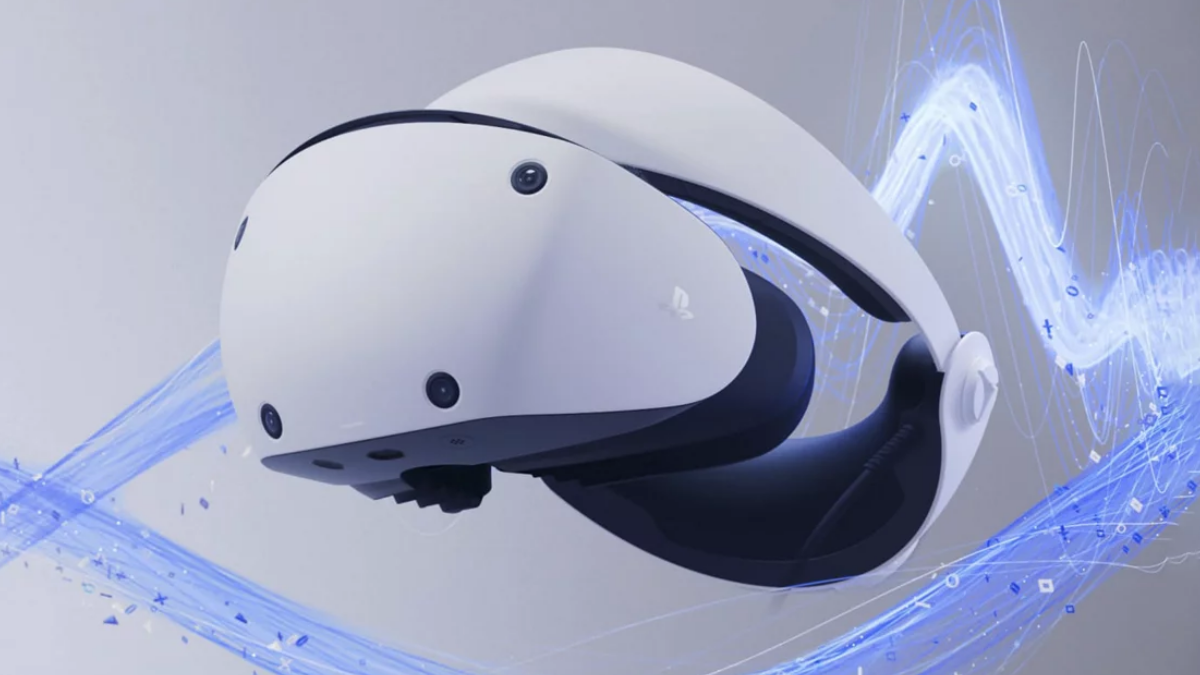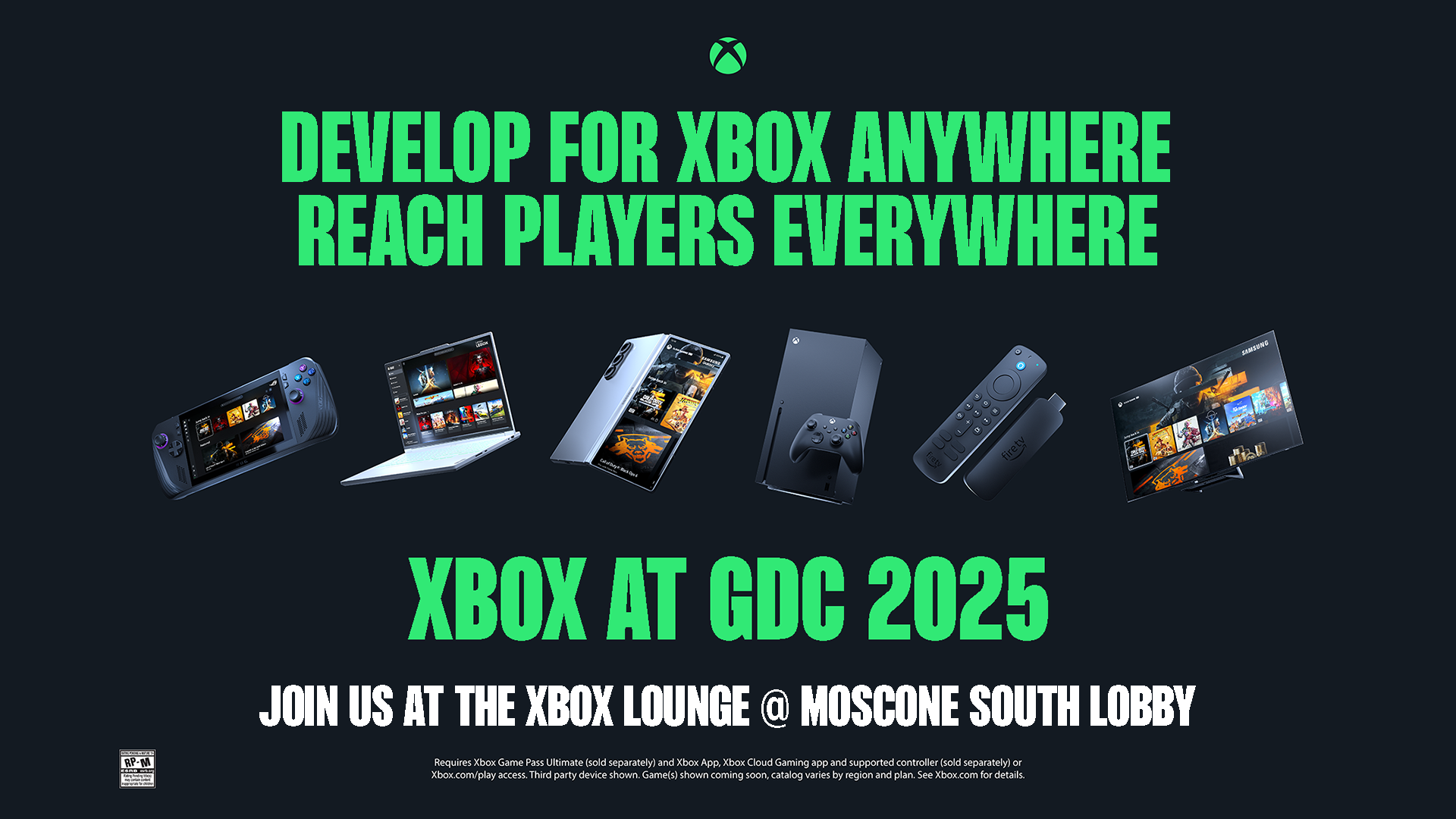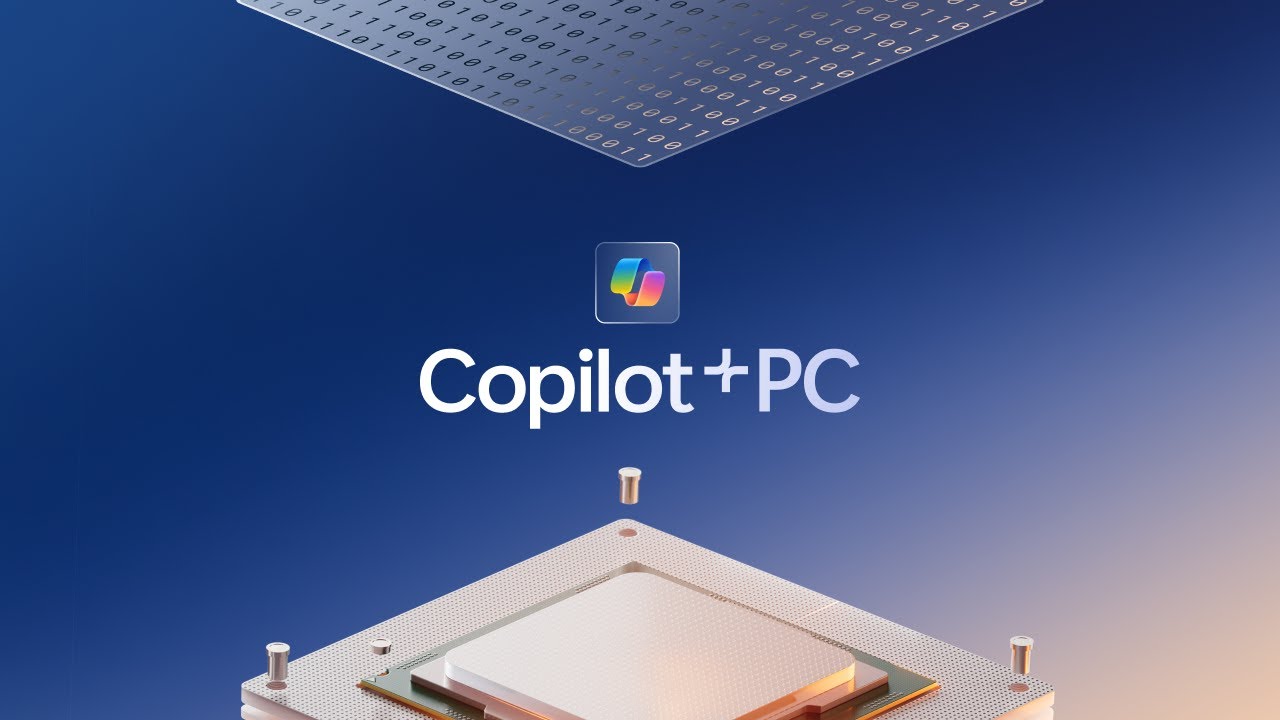Is Windows 10 S Tim Sweeney's nightmare brought to life?
3 min. read
Published on
Read our disclosure page to find out how can you help MSPoweruser sustain the editorial team Read more

While most welcomed Windows 10 as Microsoft’s redemption from the failed Windows 8 strategy, Epic Games’ Tim Sweeney has been an outspoken opponent of the OS, saying it was only a matter of time before Microsoft locked users into the Windows Store and digs their claws into the revenue stream of independent software developers, much like Apple does on iOS.
“The trouble started when Microsoft began shipping some PCs and regular Surfaces that were so locked down that you couldn’t run Win32 apps; you could only run apps that had been bought from their store,” he noted.
“The risk here is that, if Microsoft convinces everybody to use UWP (Universal Windows Platform), then they phase out Win32 apps. If they can succeed in doing that then it’s a small leap to forcing all apps and games to be distributed through the Windows Store. Once we reach that point, the PC has become a closed platform.”
While we argued that non-store apps had too much value to users that this would never happen, his statements appear to prophesize the advent of Windows 10 S, an operating system which locks users down tightly to the store, and only lets then exit after paying a toll.
Is Windows 10 S Sweeney’s nightmare sprung fully formed from Microsoft’s head? For now, not yet, but some people without a strong self-interest in the issue certainly appear to think so.
This is the way I see it too, Rudy.
— Ginny Caughey (@gcaughey) May 2, 2017
With the abandonment of Windows Mobile and the Centennial bridge which goes along with the effort, Microsoft is able to bring the most popular applications even home PC users use to the well managed environment of a locked-down Windows that never needs an anti-virus, boots fast, has great battery life and never slows down with use. Of course, until the store grows enough to support this vertical markets like schools and businesses are the perfect testing ground for the strategy, and would allow the store to expand naturally.
And yet, by locking down Windows Microsoft may just be giving up the advantage they have over an operating system such as ChromeOS which is designed from the start for the modern web-based world. The resurgence of PCs are being driven by gamers turning to powerful and configurable Windows PCs after outgrowing more limited consoles, and by workers who found tablets too limiting, and wanted to get back the flexibility of a Windows PC in a new form factor.
There is no doubt that as an increasingly service-orientated company Microsoft would love to have a bigger share of the billions ISVs generate running apps and services on their platform, much like Apple generated $8 billion from the iOS app store in 2016. Removing one of the major selling points of their operating system, however, would place Windows at the same level of other less flexible operating systems such as Chrome OS and iOS, with a much deeper legacy and more confused expectations from consumers, and may result in consumers merely turning to competitors who offer a more simple message.
Hopefully, Microsoft understands the inherent value to an open and flexible operating system free to innovate vs. turning our PCs into overgrown iPads (at which point you might as well get the real thing.)









User forum
0 messages